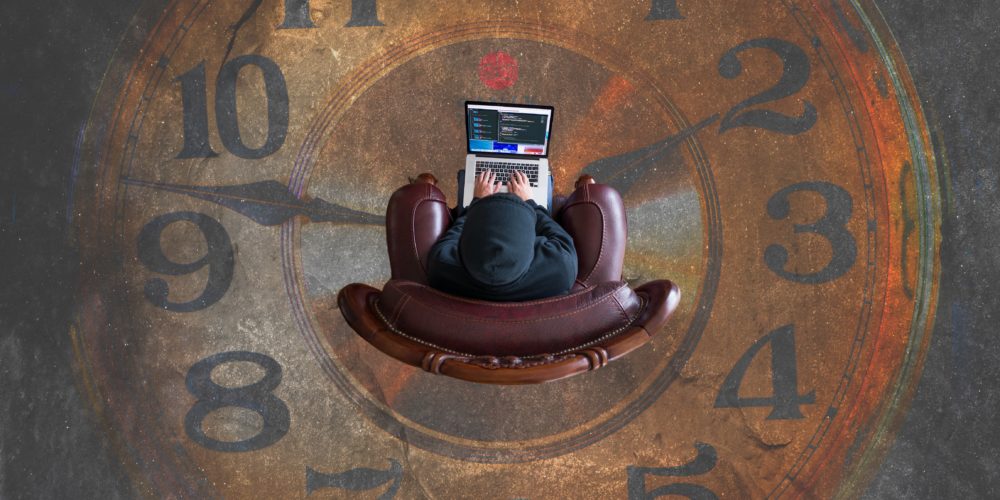Rush-rush, busy-busy – but why?

Nairobians have made a fetish of being rushed off their feet and of being perpetually busy. We always have to be somewhere else, and we are always late; we always have to be busy, and be seen to be busy, and talk about being busy. Our self-esteem and self-regard seem to ride on it.
What drives the rush-rush, busy-busy lifestyle? It seems to be based initially on fear: to be free and available is deemed to be useless and under-employed; to not have lots of things to do exposes us to the tag of being on the discard heap. The accomplished people are always busy, always overwhelmed, always rushing – are they not? If I am not like them, then I am not doing well.
Escape from poverty may be one force driving manic behaviour. But people do this even when poverty is a distant shadow in their lives. It is not that they reach a certain level of economic security and financial freedom and then relax; for most folks, rush-rush busy-busy remains a lifelong mania. What’s that about?
What starts as an escape route turns into an obsession to have and do more—and more, and more. This pursuit of more—more money, more status, more accomplishment, more deals, more power—is the carrot that always just out of reach. We become the donkeys who keep striving to grab the illusory carrot.
Days with back-to-back meetings and Zoom calls, and six-day working weeks, become the badges of distinction of this way of living. A mindless obsession with comparisons, of peering over the fence to see how neighbours and competitors are doing, adds more fuel to the fire.
The Danish philosopher Søren Kierkegaard, born a couple of centuries ago, pointed out that this constant need to escape from our lives may be our greatest source of unhappiness. “Of all ridiculous things, the most ridiculous seems to me, to be busy…” said he.
Why did Kierkegaard think busyness was the “most ridiculous” achievement? Because time is the most scarce thing in our lives. To fill it up with the unnecessary is to leave no space for things that might actually lead us to a meaningful life. Those things include being actually present in our own lives and key relationships; not lost in the tumult created by external hopes and fears; and having spaces dedicated to our own growth and nourishment.
I often say to chief executives I advise: if you are the busiest person in your organization something has gone terribly wrong! If your calendar is the one with no space in it, then you have failed. You have not made the grade in gaining the greatest luxury—time—and you have failed to understand your own role as ultimate leader, which is to guide rather than to do. Being made leader gave you the privilege of delegation; and the mission of growing others. Why did you not embrace those roles?
The aim should not be to have a calendar packed with obsessive activity stretching to the ends of our lives; it should be to have the white spaces that give us three key freedoms: the freedom to choose what we do with our time; the freedom to be available to learn from surprises; and the freedom to reflect deeply on meaning.
To not have these freedoms makes our accomplishments dubious. We may look and sound like people of substance – hey, look at my diary, it’s full – but we remain enslaved to the fears and cravings that drove us when we were younger.
Our tomorrows would actually get better if some of our todays were less rushed and more thoughtful. Why so? Because to manage time thoughtfully is to be strategic. The ability to ponder, gaze at patterns, and dwell on the meaning of events enables us to arrive at tomorrow more prepared and more nourished.
Being on the run constantly, with no time to rest, no time to gaze at our fellow travellers, no time to study the nature of the path, means we turn ourselves into a cartoon character from my youth: Wile E. Coyote, the manic creature always chasing the roadrunner he never actually catches, and who always ends up running out of road, pedalling furiously while flying over a clifftop…beep beep.
I am not advocating a life of lethargy or under-accomplishment, but one of deeper achievement. We should strive for the true prize. That prize is more about having the luxury of choice in how we spend our precious time, than in being enslaved by manias. A deeper satisfaction may be the trophy we receive at the end.
(Sunday Nation, 8 August 2021)

Buy Sunny Bindra's new book
The X in CX
here »
Popular Posts
- Where are you rushing to—your funeral?June 29, 2025
- How to spot a real thinkerJune 15, 2025
- The pause that saves usJune 8, 2025
- Built the app, forgot the flowJune 22, 2025
- The map will appear—once you start walking.July 6, 2025











